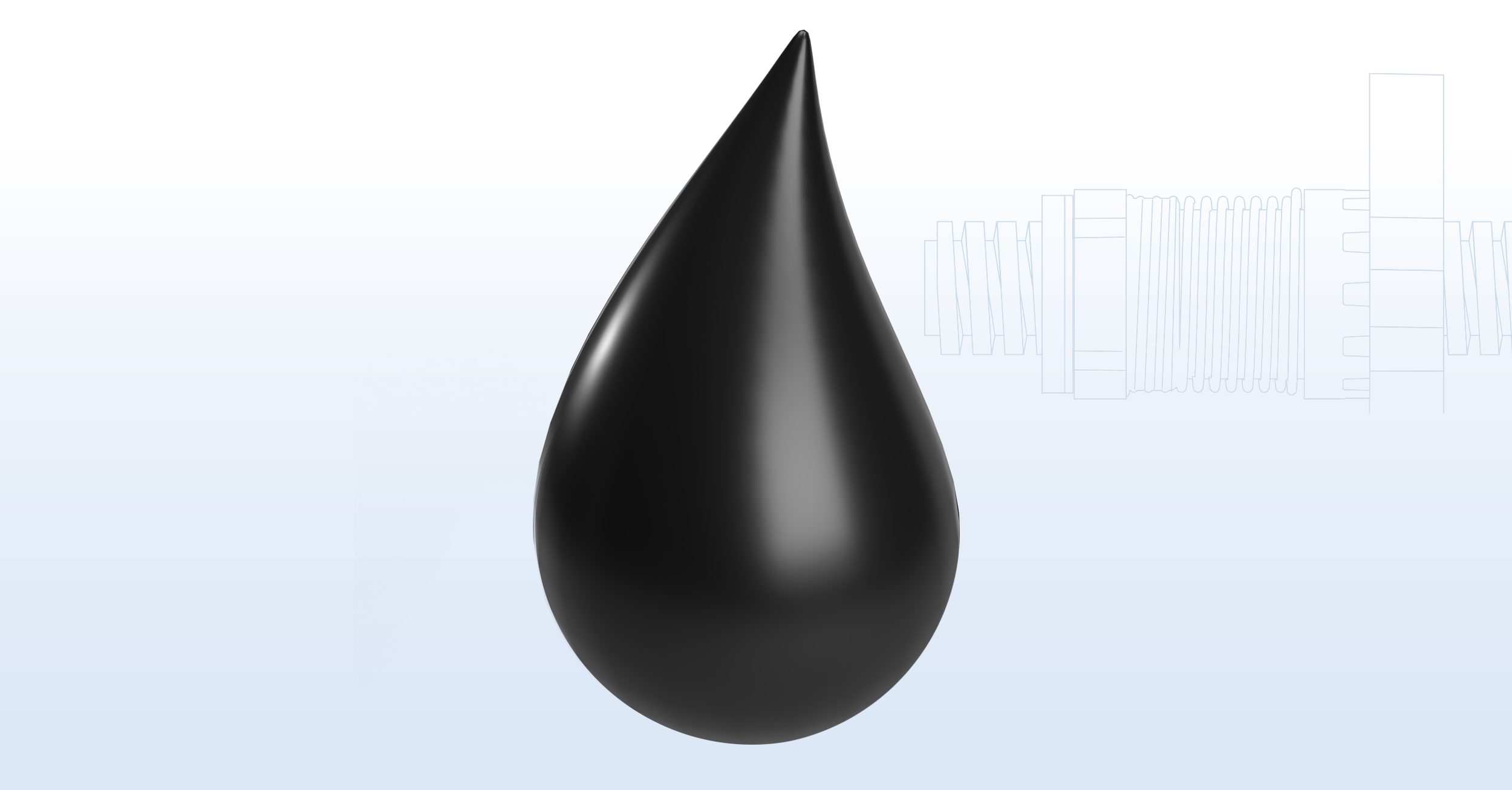Which Lead Screw Grease is Best for Your Application?
Lead screw grease is a type of lubricant used to reduce friction and wear between the rotating lead screw and its mating nut, thus improving the performance and lifespan of the lead screw assembly. There are several types of lead screw grease designed to meet specific requirements and operating conditions. In this article, we'll discuss the various types of lead screw grease, their properties, and the key factors to consider when selecting the right grease for your application.

Lead screw grease is a type of lubricant used to reduce friction and wear between the rotating lead screw and its mating nut, thus improving the performance and lifespan of the lead screw assembly. There are several types of lead screw grease designed to meet specific requirements and operating conditions. In this article, we'll discuss the various types of lead screw grease, their properties, and the key factors to consider when selecting the right grease for your application.
Lithium Soap-Based Grease: Lithium soap-based grease is one of the most commonly used types of lead screw grease. This grease is made from a mixture of lithium soap and mineral or synthetic oil. Lithium soap-based grease is an excellent general-purpose grease that provides good lubrication and protects against corrosion, making it ideal for use in a wide range of environments. It is also commonly used in applications that require high-temperature stability and good water resistance.
Synthetic Grease: Synthetic grease is another popular choice for lead screw grease. This type of grease is made from synthetic oil, which is chemically engineered to provide enhanced performance and protection. Synthetic grease is ideal for use in high-temperature, high-speed, and high-load applications. It also provides excellent resistance to water and chemical exposure, making it suitable for use in harsh environments.
High-Temperature Grease: High-temperature grease is specifically designed for use in applications that generate high amounts of heat. This type of grease is formulated to maintain its consistency and lubricating properties at high temperatures, preventing the grease from breaking down and losing its effectiveness. High-temperature grease is typically made from synthetic oil and high-temperature stabilizing additives, and it provides excellent resistance to oxidation and thermal degradation.
Water-Resistant Grease: Water-resistant grease is designed for use in applications where exposure to water is a concern. This type of grease is formulated to resist the effects of water, preventing the grease from washing away and leaving the lead screw assembly unprotected. Water-resistant grease is usually made from synthetic oil and water-resistant additives, and it provides excellent protection against rust and corrosion.
Heavy-Duty Grease: Heavy-duty grease is designed for use in high-load, high-stress applications where exceptional performance and protection are required. This type of grease is formulated to provide enhanced wear protection, reducing friction and wear between the lead screw and nut. Heavy-duty grease is normally made from synthetic oil and high-performance additives, and it provides excellent protection against corrosion and wear.
Food-Grade Grease: Food-grade grease is designed for use in food processing and packaging applications where food safety is a concern. This type of grease is formulated with food-safe ingredients and meets strict food safety regulations, safeguarding that it will not contaminate food products. Food-grade grease is generally made from synthetic oil and food-safe additives, and it provides excellent lubrication and protection against wear and corrosion.
When selecting a lead screw grease, it is important to consider several key factors, including:
Operating Conditions: Consider the operating conditions of your application, including temperature, speed, load, and exposure to water and chemicals. This will help you determine the type of grease that will provide the best performance and protection for your specific application.
Compatibility: Make sure that the grease you choose is compatible with the materials used in your lead screw assembly. Some greases may react with certain materials, causing damage or reducing their effectiveness.
Regulations: If your application is subject to specific regulations or industry standards, ensure that the grease you choose meets these requirements. For example, food-grade greases must comply with FDA regulations for use in food processing applications.
Maintenance: Consider the maintenance requirements of your application. Some greases require more frequent reapplication or have shorter service intervals than others. Choose a grease that matches your maintenance schedule and requirements.
In conclusion, lead screw grease plays a vital role in guaranteeing the smooth operation and longevity of lead screw assemblies. The different types of lead screw grease, such as lithium soap-based, synthetic, high-temperature, water-resistant, heavy-duty, and food-grade greases, offer specific properties and benefits to cater to various operating conditions and application requirements.
By considering factors such as operating conditions, compatibility, regulations, and maintenance, you can select the most appropriate lead screw grease to optimize the performance and lifespan of your lead screw assembly.


